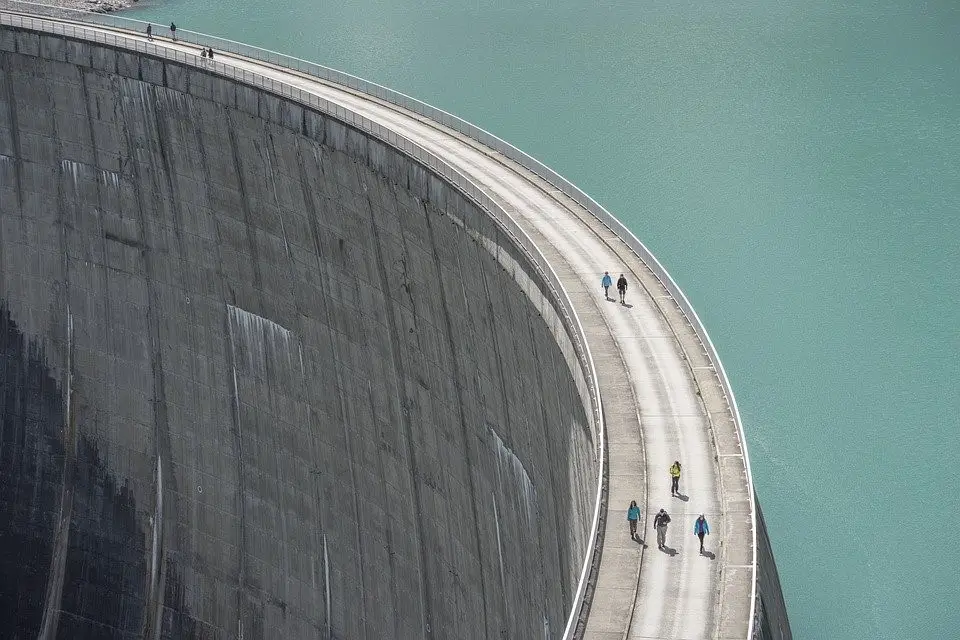Most construction companies start with small projects, usually on a local level. No matter what line of construction you are in, it’s beyond exciting when you finally land that one big job that can be the steppingstone to success within your industry. However, since you have never taken on a job of this magnitude, you might fear you lack some of the skills you hadn’t needed in the past. This might be the need for an on-site civil engineer who has the expertise and experience in the regulatory end of business, for example. If you are on the fence regarding whether or not to contract a team of civil engineers, here are three benefits they can bring to the table – and mighty big benefits at that!

1. Compliance with All Levels of Regulations
If you started out as a small, local construction company, you may be most familiar with local regulations. These could be neighborhood, subdivisions, cities, or even county regulations. Moving up a level, you may need to be compliant with state regulations. Then there are federal regulations in some types of jobs and in the midst of all that, there’s OSHA. A civil engineer has a degree in the science but within the course of their studies, a huge amount of emphasis was on researching and being compliant with all levels of legal requirements. This takes a high degree of specialization and a civil engineer is equipped to ensure you are compliant throughout. One fine can eat significantly into your profits, so that’s a huge consideration.
2. Project Management
Civil engineers are also adept project managers. They see the whole picture from design to construction. They have what might be referred to as a bird’s eye view of the project. As engineers, it is their job to ensure that you stay within budget and that any issues interfering with staying on a projected timetable within cost is part of their expertise. If, for example, you keep experiencing job delays because some of your heavy equipment continually overheats, they might discover that it’s a problem with motor duty cycles. You may have the wrong motor or duty cycle for the application you are using it for. They understand the four main duty cycles explained well by the manufacturer, KEB America, and will have your equipment up and running efficiently just by having the mechanics install the right motor for your applications.
3. Extra Levels of Oversight
This is one time that you won’t hear there are too many cooks in the kitchen. Every knowledgeable and experienced pair of eyes can help keep things running smoothly. Bear in mind that you are well experienced in smaller jobs, but with this being your first major contract, you want to ensure that all the T’s are crossed, and all the I’s are dotted. It never hurts to have extra levels of oversight that just might catch something you’ve been missing.
While you may not have other jobs of this magnitude pending, you may not be ready to hire a team of civil engineers at this time. However, you can always contract engineers per job with the hope that at some point in the near future, you will grow your business strong enough to warrant that additional department.
